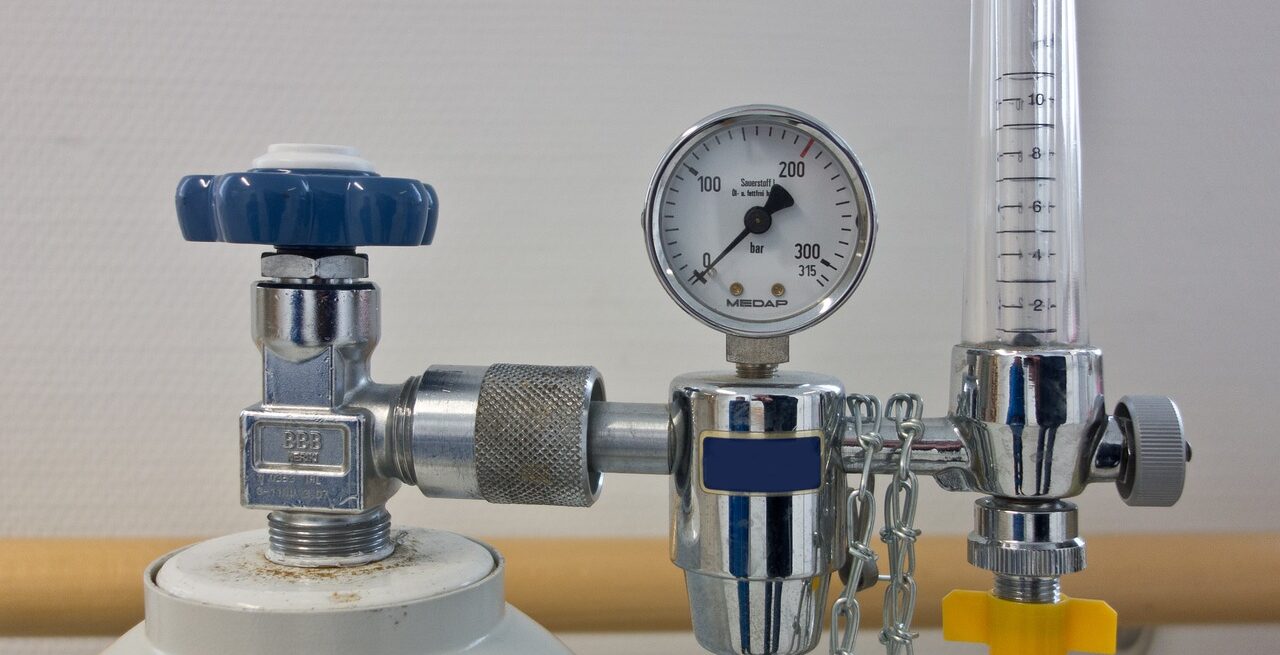

Understanding Cylinder Regulators: When and Why You Should Replace Them
Cylinder regulators are essential tools in many industries, from welding to medical applications, ensuring that gases are delivered safely and effectively. Over time, wear and tear can affect their performance, leading to potential safety hazards. Let’s review what cylinder regulators are, their importance, signs that indicate it’s time for a replacement, and best practices for maintenance.
What Are Cylinder Regulators?
Cylinder regulators are devices that control the pressure and flow of gas from a cylinder to a downstream application. They reduce the high pressure from the gas cylinder to a usable level, allowing for smooth operation in various applications, such as:
- – Welding: Ensuring that the right mixture of gases is delivered for effective welding.
- – Medical Use: Regulating gas flow for patients requiring respiratory assistance.
- – Industrial Applications: Managing gases used in manufacturing and production processes.
Why Are Cylinder Regulators Important?
Cylinder regulators are critical components when working with gases stored in pressurized cylinders, such as oxygen, acetylene, propane, and industrial gases. Given their critical role, ensuring that cylinder regulators are in optimal condition is vital for safety and functionality.
- – Safety: Faulty regulators can lead to high-pressure leaks, posing explosion risks or health hazards in medical settings.
- – Efficiency: A well-functioning regulator enhances operational efficiency, reducing gas waste.
- – Consistency: Regulatory devices help maintain consistent flow rates, which is crucial in many processes to achieve desired results.
When to Replace Your Cylinder Regulator
These are key signs that indicate it’s time to replace your cylinder regulator:
- – Wear and Tear: Visible signs of damage or corrosion can compromise the integrity of the regulator.
- – Inconsistent Pressure Levels: If the pressure gauge fluctuates or does not read accurately, it may indicate a malfunction.
- – Leakage: A gas smell, hissing sound, or visible residue may indicate a leak. Always take suspected leaks seriously and replace regulators immediately.
- – Difficulty in Adjustments: If you find it hard to adjust the pressure settings or if adjustments don’t hold, it’s time for a replacement.
- – Age: Most manufacturers suggest replacing your cylinder regulator every 5-10 years, regardless of its condition. Older regulators may not meet current safety standards and may lack modern features that enhance efficiency.
Best Practices for Maintenance
To prolong the life of your cylinder regulator, consider these maintenance tips:
- – Regular Inspections: Check for leaks, wear, and corrosion periodically.
- – Cleanliness: Keep the regulator free from dust and contaminants that can affect its performance.
- – Proper Storage: Store regulators in a cool, dry place away from direct sunlight to prevent degradation.
- – Operator Training: Ensure that all personnel understand how to operate and care for the regulator properly.
Cylinder Services at Rocky Mountain Air
Cylinder regulators are crucial for safe and efficient operations in various industries. Being aware of when and why to replace them can save businesses from potential hazards and ensure smooth functioning. Regular maintenance and timely replacements can help prolong their life and ensure compliance with safety regulations.
Rocky Mountain Air provides compressed gas cylinders for a variety of gases. We test cylinders both hydrostatically and ultrasonically and can perform various repairs. Through RMA, all types of cylinders and tanks can be hydrotested, including medical, beverage, SCBA, SCUBA, welding, paintball, aviation, refrigeration cylinders and fire extinguishers. We are also a supplier of safety equipment which includes cylinder storage equipment and PPE. At RMA, we highly value your safety and strive to provide flawless dependability. If you have any questions regarding our services or cylinder safety, please contact your local branch (Colorado, Utah, Wyoming, Idaho, Nebraska) today!



